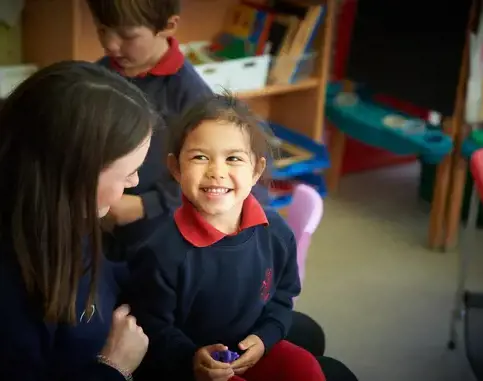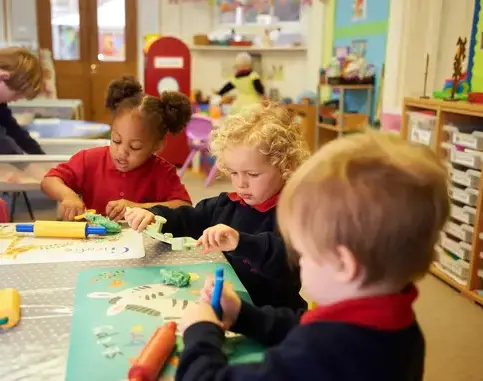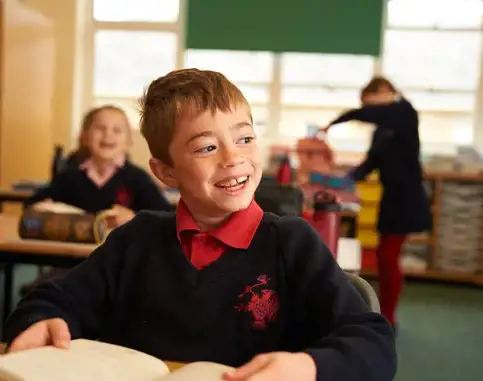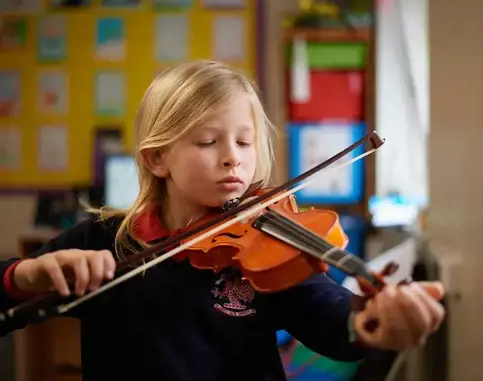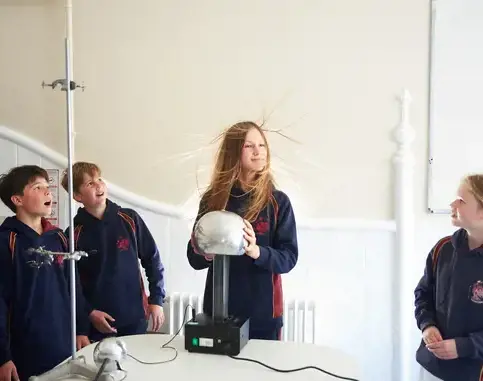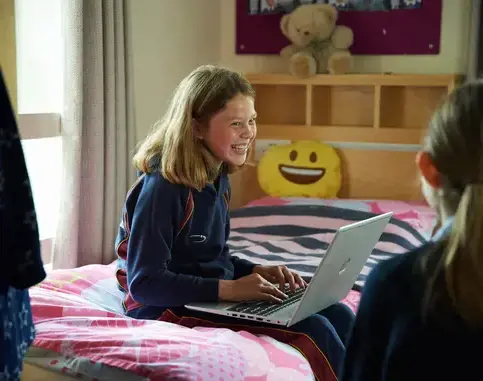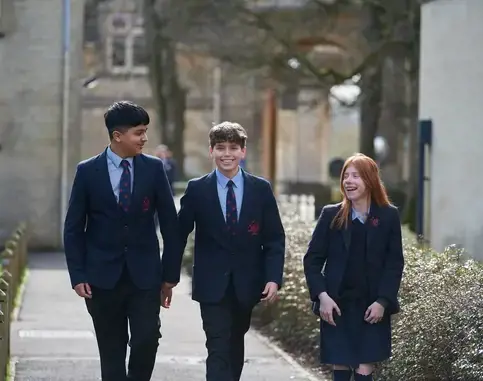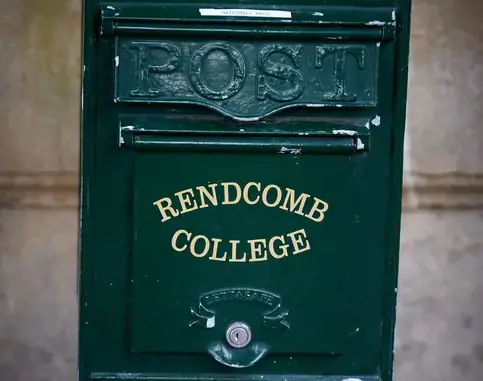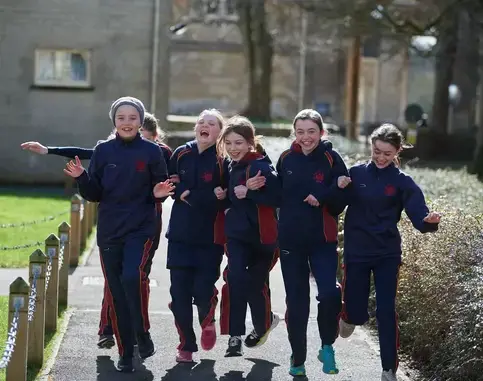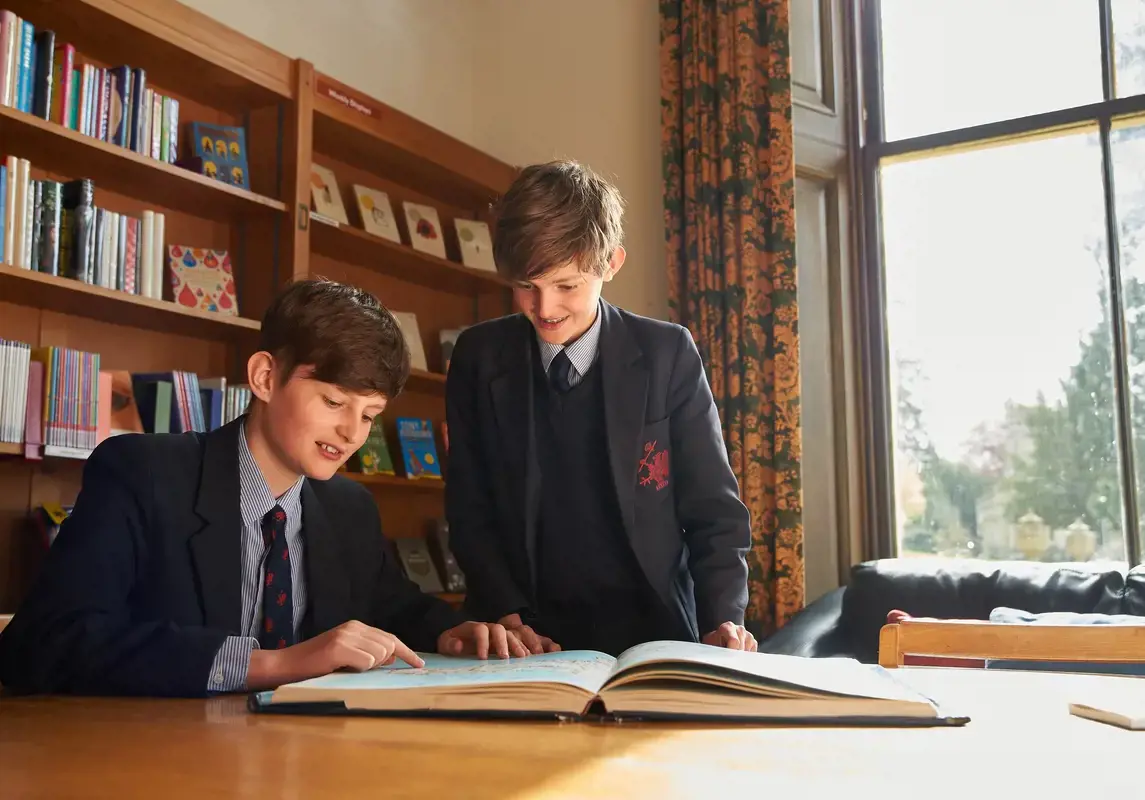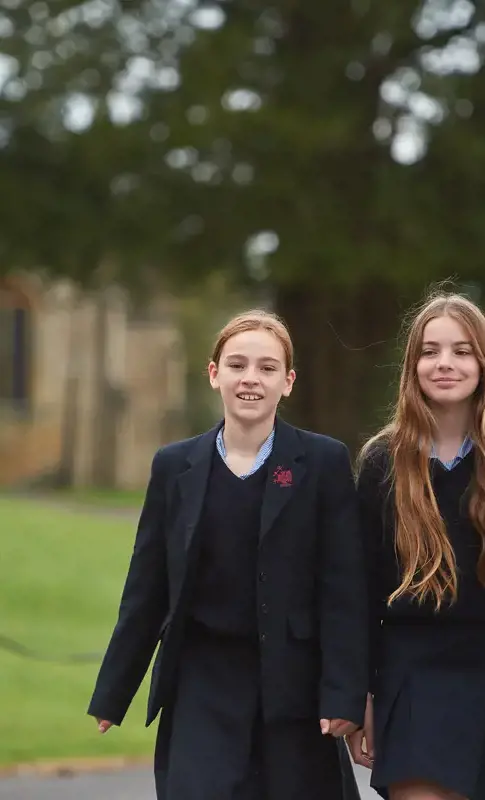The tremendous value of a boarding school education goes to the heart of why many parents and young people choose a leading independent school. In fact, the many advantages of boarding school studying in the UK are world-renowned!
In the fourth and final part of our complete guide to boarding schools, we are focusing on the central pillar of any high-calibre educational institution. The way it supports learning and development.
This article has the title boarding school studying - not boarding school education - and for good reason.
Education defines the process of being taught. That hinges on the unparalleled experience and expertise of teaching staff, who deliver their lessons in the best possible learning environment. However, studying is the process of receiving an education. Even the most adroit and well-trained teachers can struggle to implant information for examinations and personal development if the students are unable or unwilling to learn.
Therefore, how does boarding school studying differ from a mainstream education setting?
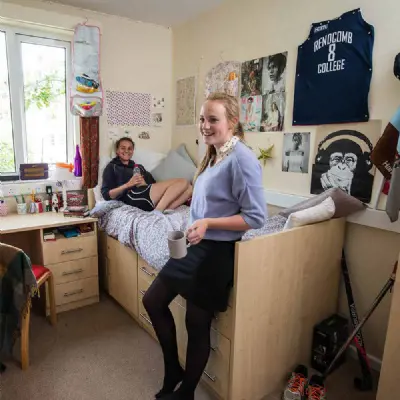
Beyond the classroom
Let’s start with the most obvious advantage of an independent school education, which involves being a student resident at least during the week. The high standards of interaction in the classroom, and small class sizes, are matched by highly individualised learning support ‘out of school hours’.
For example, anyone struggling with a topic or a particular learning assignment can have one to one professional support in a boarding school before or after normal classroom times, to suit them. They can also turn to Houseparents for help at any time.
Boarders are also with their peers when doing homework or special assignments, feeding off each other, sharing ideas and encouraging each other in study groups.
This is all fertile ground for the growth of learning excellence.
Beyond the curriculum
Keep in mind too, that boarding school studying and learning support come in a myriad of different forms and guises. Some of which may seem wholly ‘fun’ to students and outsiders!
As a leading independent school, Rendcomb College offers boarders a highly varied and ever-updating list of activities and options outside the carefully controlled curriculum. Students can choose to explore their passion for topics such as science, languages or technology, or develop abilities in sports, performing arts and crafts for example.
As we outlined in our blog on the value of boarding school downtime this all stimulates and promotes both a learning culture and student abilities to study. Wakening young minds to the world and all its wonders, keeping them active and healthy, making sure they are happy at boarding school, all contribute to them being alert and ready to learn every single school day.
Can the same be said of mainstream education, with classrooms peppered with disengaged, disinterested and distracted pupils?
Core education at Boarding School
Stimulating a willingness and ability to learn goes hand in hand with providing a superb education experience at Rendcomb College.
This includes offering an incredible range of options for boarding school lessons. We cover core curriculum topics such as the arts, mathematics, science, languages and physical education of course. However, unlike in mainstream education, we can offer the whole spectrum of these subjects without constraint; stretching and developing young minds in many, diverse ways.
Along with teaching staff selected to reach exacting standards, we also have the right equipment and facilities, such as an advanced computer suite and superb Art and Design Technology studio.
Did you know, Rendcomb College students even have timetabled lessons at a Forest School? Another example of our work to provide wider education experiences and topic enhancements.
Targeting different abilities and year groups
No guide to boarding school studying would be complete without referencing two more important advantages.
One is the ability of Rendcomb College to focus utterly on the different abilities, interests and challenges of each student. Classroom and free time both pivot on treating each child or young person as an individual.
Linked to that is our ability to gear our education delivery perfectly to different year groups. Studying for Junior Boarders (academic years 7 to 11) is structured around the national curriculum and managed with great care. However, it still offers opportunities for pupils to gain confidence and control over their education path.
Whereas, boarding school studying for sixth form students is a different proposition. It includes the facilities (and active encouragement) for self-managed learning. As well as the professional help for Senior Boarders to gain advanced knowledge of A-level topics building key skill-building.
All of this equips older students at boarding school with the qualifications but also abilities to prosper at University, and throughout their chosen careers.
Is this a complete guide to boarding school?
Our step by step guide to life at boarding school has ticked off answers to many of the frequently asked questions we receive.
However, we are fully aware that every parent and young person is different, and could well have more personal queries, or even pressing concerns.
Therefore, if the answer is not in our boarding school guide, or you simply prefer to chat to someone in person for your research, please contact us at any time. We look forward to hearing from you!

